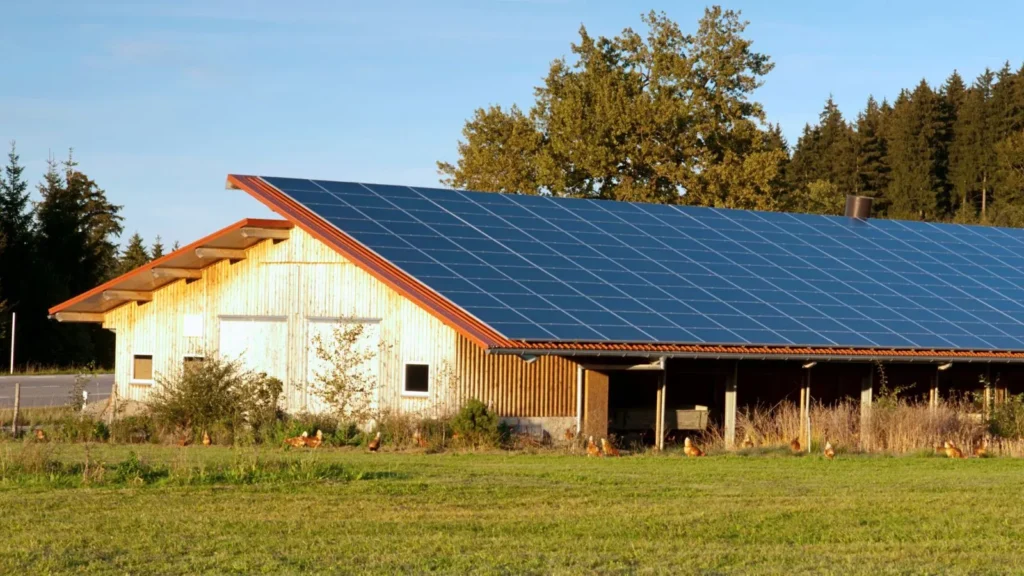Following the passage of the Inflation Reduction Act (IRA), there has been growing excitement in rural communities and rural electric cooperative offices around the country about the historic investments in rural electrification contained in the IRA. Specifically, the Empowering Rural America Program (New ERA) and the Powering Affordable Clean Energy Program (PACE) will help leverage tens of billions of dollars in investment in rural energy systems. These programs will help accelerate investment in clean energy, the retirement of fossil fuel plants, and the creation of 90,000 jobs in the next ten years. CURE and our allies in the Rural Power Coalition played a critical role in the passage of these programs. CURE was also a lead author of the white paper that started the movement towards these investments.
Electric co-ops are poised to lead the clean energy transition with these new programs. Co-ops across Minnesota and the country are working hard to dream big and figure out how to use these funds to transform their communities. However, on June 14, the U.S. House Appropriations Committee passed an appropriations bill to significantly cut New ERA and other critical rural energy programs such as REAP. These shortsighted cuts will limit the opportunities for rural communities to make long-awaited investments in our nation’s energy system.
For decades, the lack of investment in rural electrification has led to rural utility consumers paying more money each month than their city-dwelling neighbors. It’s also slowed the clean energy transition and made our nation’s energy system less resilient. Since electric cooperatives serve 92% of federally recognized persistent poverty counties in the United States, this means that some of our most vulnerable neighbors are paying high costs for polluting energy. If we’re to strengthen our energy system, reduce pollution, and meet our nation’s carbon goals of being 100% carbon-free by 2035, we need to retire and replace 303 fossil fuel plants owned or operated by electric cooperatives across the country. With various barriers standing in rural communities’ way—such as legacy debt load, stranded assets, and the inherent barriers of rural electrification—without investments several orders of magnitude larger than New ERA, the full clean energy transition will not happen for rural America.
Cutting these programs, which are already falling far short of the total need, is incredibly shortsighted. Our nation’s co-ops need a federal investment closer to $100 billion rather than $10 billion. The House Appropriations Committee’s cuts to these programs put us further away from that goal and put rural America further and further behind.
We’re urging our leaders in Washington to stop these cuts and stop their attack on rural America.


